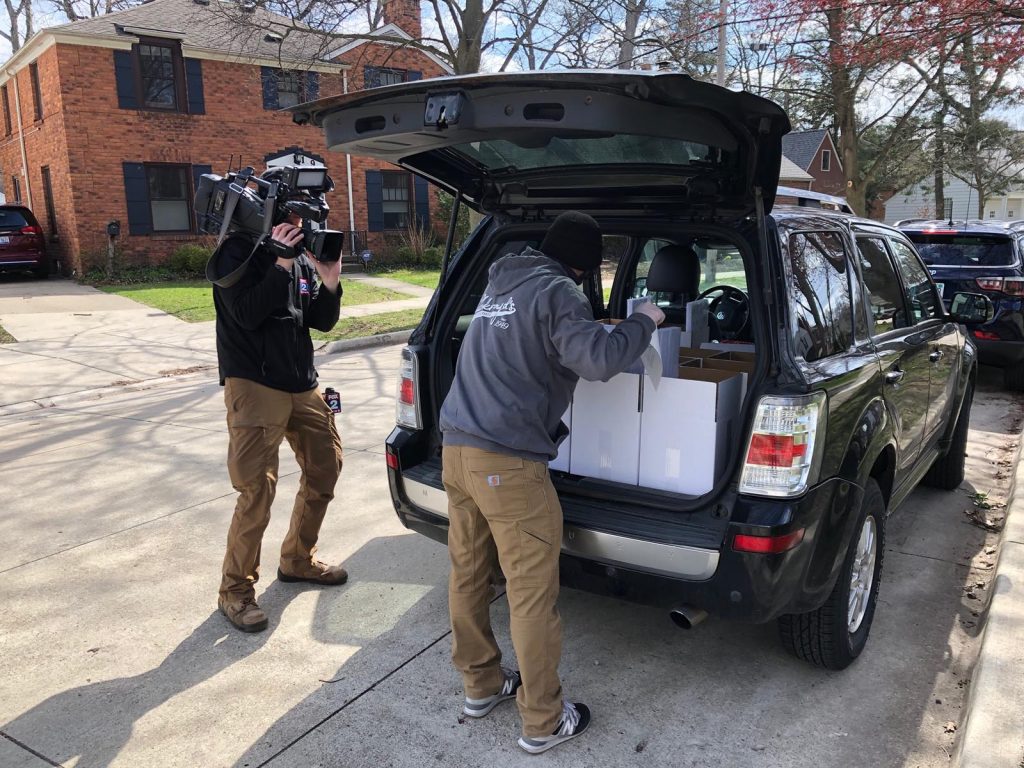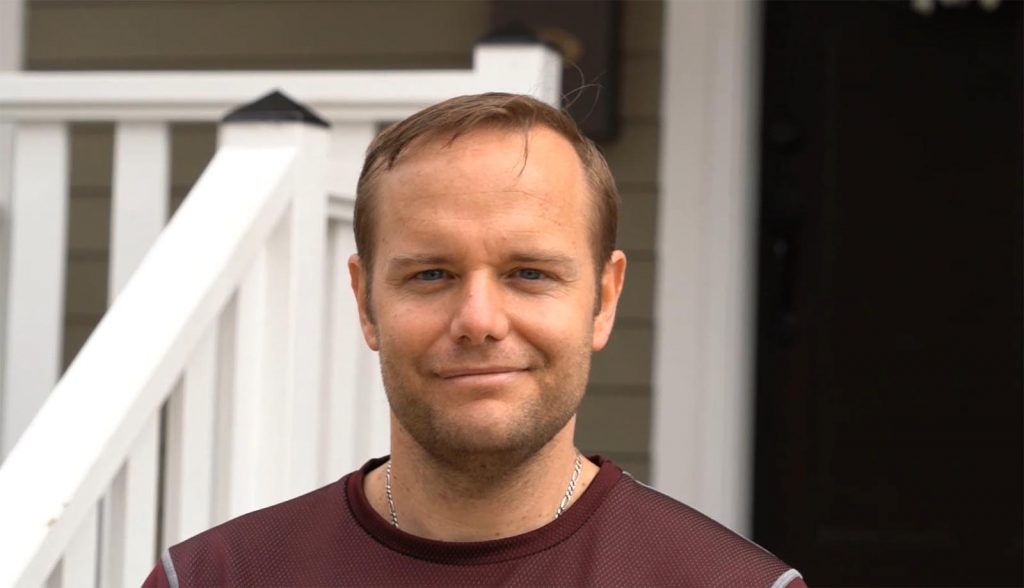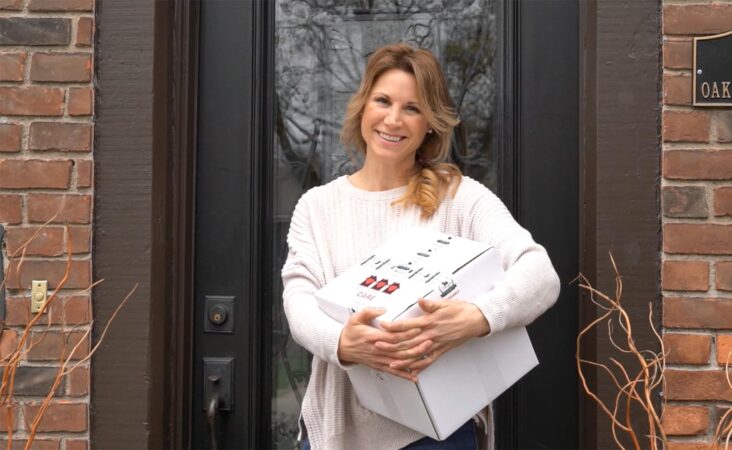
MARK CAMPBELL
The U.S. is facing its worst domestic crisis in more than a century, and the battle against the coronavirus is proving as deadly as a conventional war — but this time, it’s our doctors and nurses, our police, firefighters and EMS crews who are manning the front lines.
Hundreds of Metro Detroit’s first responders have already been sickened, more than a few felled, by COVID-19, the disease caused by the coronavirus. Countless others are developing traumatic stress disorders. That has concerned neighbors reaching out to lend first responders not just their support but their assistance, as well.
In the pocket-sized suburb of Pleasant Ridge, residents have come together through the community charity, the Pleasant Ridge Foundation, to deliver baskets of food to first responders each week. That local effort has spawned a newly launched national program, Neighbors That Care.
“Neighbors That Care is about so much more than our square mile suburb,” the group’s co-Founder Jennifer Quenville said. “Our goal is to assist and inspire community groups across the U.S. to set up similar programs to help their own first responders.”
The original Pleasant Ridge project already has reached out to dozens of doctors, nurses, police and others on the coronavirus front line, including Michelle O’Neill, who works at a senior care facility housing some of those at highest risk of dying due to COVID-19.
“This is very emotional, very heartwarming,” said O’Neill as she clutched a box of Scottish meat pies and other specialties provided by Akroyd’s Scottish Bakery, in Redford. “It’s very nice to be recognized for a job you just do. People tell you you’re a hero, but you’re just doing your job.
“Simple gestures like this are so helpful,” added O’Neill who, like many first responders, must now work extended hours that can make it difficult to find time to sleep, never mind shop or cook.
Neighbors That Care wants to help community groups across Metro Detroit, Michigan and the U.S. make such gestures for their own first responders. It’s not a difficult process, organizers note, and can be pulled together by a garden or block club, a local service group such as Elks or Rotary, or charitable groups like the Pleasant Ridge Foundation.
Any form of assistance can make a difference, said Quenville, from providing food baskets to arranging to have lawns mowed for first responders. In Pleasant Ridge, residents have eagerly raised money to support the project, but there are plenty of ways to help out without having a budget. On the website NeighborsThatCare.com you will find a resource page with a long list of things community groups can tap into, from free food being offered to first responders by major food chains like McDonalds and Little Caesar’s, to free oil changes and other services.
Many of these companies are looking for local groups to help them reach out into local communities. Anyone interested in setting up a first responders assistance program can check out the “What You Can Do” page on the NeighborsThatCare.com website. It offers plenty of tips on how to help – as well as some guidance on what you shouldn’t do. (Hint: If you’re planning to offer food or food baskets team up with a restaurant or bakery meeting state and federal health guidelines. Cooking meals in a private kitchen could risk infecting first responders since many of those who have COVID-19 are asymptomatic.)

JUSTIN HUSBAND
There’s also a contact page for anyone who has further questions.
Quenville notes that Neighbors That Care is itself not trying to raise money. “That’s up to local groups to do to help fund their own programs,” she explains.
“Work takes a toll and when you get home you need time to decompress,” said Justin Husband, a nurse-anesthetist at Henry Ford Hospital and another recipient of a food basket. “It’s nice to know that people in the community are thinking of you in this time. It definitely brings a smile to our face. I think this is a great program” to expand, he added. “It means a lot.”





















